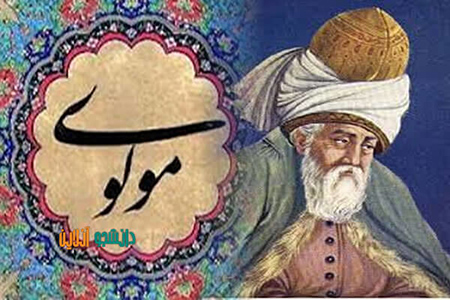
The 13th-century Persian poet maintained that human being can feel the spirit and the universe and transcend humanity and get closer to God.
Rumi was born to native Persian-speaking parents, originally from Balkh, a city in Khorasan, which is now located in Afghanistan.
Rumi's father was Baha ed-Din Walad, a theologian, jurist and a mystic from Balkh, who was also known by the followers of Rumi as Sultan al-Ulama or 'Sultan of the Scholars'.
When the Mongols invaded Central Asia sometime between 1215 and 1220, Walad, with his entire family and a group of disciples, set out westwards.
According to hagiographical accounts, which is not agreed upon by all Rumi scholars, Molavi encountered one of the most famous mystic Persian poets, Attar, in the Iranian city of Neishabour.
Esther Kuisch Laroche, director and representative of UNESCO Tehran Cluster Office talked about the particular importance that UNESCO attaches to Rumi's works and mentioned that in collaboration with Afghanistan, Iran and Turkey, UNESCO had celebrated the 800th anniversary of the poet's birth at its Paris headquarters in 2007 and a special commemorative UNESCO medal was issued in honor of Rumi.
"During his lifetime, Rumi enjoyed especially good relations with people of diverse social, cultural and religious backgrounds. He addressed humanity as a whole: 'I do not distinguish between the relative and the stranger', he wrote. And it is precisely this spirit that makes him of such importance to us today," she said in her then speech.

Add new comment